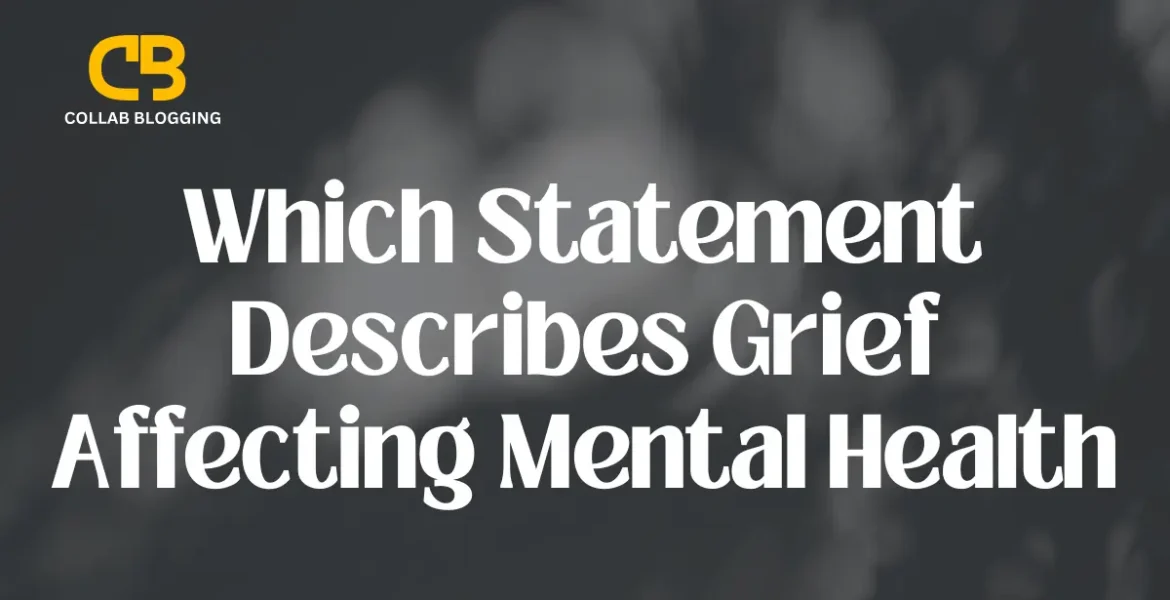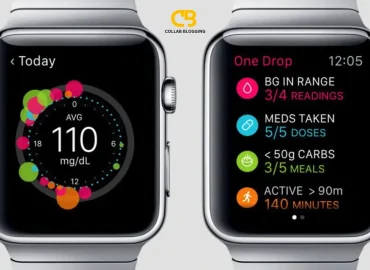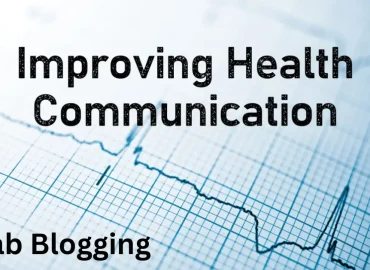Grief is a natural response to loss. It can deeply affect a person’s mental health. The emotional pain that comes with grief can lead to sadness, anger, and even confusion. While grief is a normal part of life, its effects can sometimes be overwhelming and long-lasting.
Understanding how grief affects mental health is important. For some, it can lead to mental health issues like anxiety and depression. The way grief impacts a person’s thoughts and emotions varies from one individual to another. Recognizing these effects can help people seek support and find ways to cope.
Table of Contents
Grief and Its Stages
Grief is a complex emotional response to loss. It doesn’t happen all at once, and everyone experiences it differently. Most people go through several stages as they cope with their emotions. These stages help us understand the feelings that arise during grief, though not everyone will experience all of them or in a specific order.
The Five Stages of Grief
The five stages of grief, as described by Elisabeth Kübler-Ross, offer a way to understand the emotional process people go through after a loss. The first stage is denial, where people may have trouble accepting that the loss has occurred. They might feel numb or think the situation isn’t real. This stage helps them cope by allowing them to adjust to the shock slowly.
Next comes anger, where emotions can become overwhelming. People may feel frustrated or helpless, sometimes blaming themselves or others. This anger can be directed at the situation, loved ones, or even themselves. Bargaining follows, where individuals might try to make deals or promise to change in exchange for the loss being reversed. This stage is often marked by “what if” thoughts and feelings of guilt.
As grief deepens, depression sets in, leading to feelings of sadness, isolation, or hopelessness. People may feel overwhelmed by their emotions, finding it hard to carry on with daily life. The final stage, acceptance, is when the person comes to terms with the reality of the loss. It doesn’t mean they’re “okay” with it, but they learn to live with it, finding peace and adjusting to their new life.
How Grief Affects Mental Health
Emotional Impact of Grief on Mental Health
Grief can deeply affect a person’s emotional state, leading to sadness, isolation, and fear. These feelings may trigger conditions like depression and anxiety, making it hard to cope with daily life. As emotional pain intensifies, individuals may experience mood swings, irritability, and hopelessness. These emotions can interfere with overall well-being and daily functioning. While these feelings are natural during grief, they can significantly impact mental health if not properly addressed.
Cognitive Effects of Grief
Grief also impacts cognitive functions, leading to memory problems, difficulty concentrating, and poor decision-making. This mental fog is caused by overwhelming emotions. Grief can also cause confusion, making it harder to process thoughts clearly. Sleep disturbances, such as insomnia or restless sleep, are common signs that grief is affecting mental health. These cognitive effects can complicate daily tasks and responsibilities.
Managing Grief’s Impact
Though grief’s effects are normal, they can worsen if left unaddressed. Seeking professional help, such as therapy, provides support in managing these mental health impacts. Talking to a therapist helps process emotions safely. Support from family and friends is also essential in healing. Healthy coping strategies, like exercise or mindfulness, can alleviate some emotional and cognitive strain. With the right care, individuals can manage grief’s mental health effects and begin to heal.
Physical Symptoms Linked to Grief
Physical Symptoms of Grief
Grief not only affects emotional and mental health but can also lead to various physical symptoms. The stress of loss can impact the body in several ways, often manifesting in physical discomfort or illness. Common physical symptoms of grief include headaches, fatigue, and muscle tension. The emotional toll of grief may cause the body to feel drained, making everyday activities more difficult.
Sleep and Appetite Changes
In addition to general fatigue, grief can also affect sleep patterns. Many people experience insomnia, waking up frequently during the night or having trouble falling asleep. Appetite changes are another physical symptom, where some may lose their appetite, while others may eat more than usual.
Impact on Physical Health
These physical effects are a result of the body’s response to emotional pain, and while they are normal, they can worsen if grief is not addressed. Taking care of both emotional and physical health is essential in the grieving process.
Long-Term Effects of Grief on Mental Health
Long-Term Effects of Grief
Grief can have long-lasting effects on mental health, especially when it is not properly addressed. While the immediate emotional pain of loss may begin to fade over time, the long-term impact can lead to persistent mental health issues. One of the most common long-term effects of grief is depression, where a person may continue to feel overwhelming sadness, hopelessness, or a lack of interest in things they once enjoyed. This can interfere with daily life and lead to significant emotional distress.
Grief and PTSD
In some cases, grief can result in post-traumatic stress disorder (PTSD), particularly if the loss was traumatic or unexpected. People with PTSD may experience flashbacks, nightmares, or intense feelings of anxiety when thinking about the loss.
Chronic Anxiety and Ongoing Struggles
Additionally, long-term grief can lead to chronic anxiety, where feelings of fear and worry become persistent. Over time, these mental health struggles can significantly affect a person’s overall well-being, making it important to seek support and professional help for healing.
Coping Mechanisms and Support
Talking About Feelings
Coping with grief is a personal journey, and everyone experiences it differently. Finding healthy ways to cope with the emotional and physical effects of grief is essential for healing. Talking about feelings with a trusted friend, family member, or therapist can provide relief and understanding. Expressing emotions through words or creative outlets like writing, art, or music can also help in processing grief.
Engaging in Physical Activities
Engaging in physical activities such as walking, yoga, or exercise can release endorphins, which improve mood and reduce stress. These activities help to reduce anxiety and promote relaxation during difficult times.
Self-Care and Support Groups
Self-care is another important aspect of coping, including getting enough sleep, eating well, and taking breaks when needed. Support groups offer a space for people experiencing similar losses to connect, share experiences, and find comfort in knowing they are not alone.
Conclusion
Grief affects both mental and physical health in many ways. It can lead to emotional struggles such as sadness, anxiety, and depression. People may also experience sleep problems, fatigue, and difficulty focusing. These effects can last long after the loss, making it important to address them.
Coping with grief requires support and self-care. Talking to someone, staying active, and seeking professional help can make the process easier. Taking steps to care for both your emotional and physical health can help you manage grief and begin to heal over time.








More details
March 3, 2025 at 11:57 amYour website is my go-to place for enlightening and insightful posts.
https://madhatter2341.livejournal.com/934.html
Victor
March 8, 2025 at 2:18 pmYour posts consistently offer beneficial information; you are a reliable source of expertise.
https://bitsandrubies.blog
Blanche
March 16, 2025 at 12:38 amYour blog brings optimism and light into my day. Thank you for spreading your uplifting words with such enthusiasm.
https://drjack.world
🔐 You have a transaction from us. Gо tо withdrаwаl > https://graph.org/GET-BITCOIN-02-25?hs=f3199d88fb9cb3c7e0515a9a550e8f0a& 🔐
March 16, 2025 at 6:53 amm0qxnr
Devorah
March 16, 2025 at 1:53 pmI appreciate your authenticity and transparency in sharing your knowledge.
https://urls-shortener.eu
📐 Reminder: Process №SR75. CONTINUE >> https://telegra.ph/Binance-Support-02-18?hs=f3199d88fb9cb3c7e0515a9a550e8f0a& 📐
March 19, 2025 at 5:47 pmi28zm5
📭 Email: Process 0,75421730 BTC. Receive >>> https://telegra.ph/Binance-Support-02-18?hs=f3199d88fb9cb3c7e0515a9a550e8f0a& 📭
March 20, 2025 at 10:41 amyd55da
🔈 You got a transfer from unknown user. Verify >> https://graph.org/GET-BITCOIN-TRANSFER-02-23-2?hs=f3199d88fb9cb3c7e0515a9a550e8f0a& 🔈
March 22, 2025 at 5:44 pmurgpha
🔏 Message: SENDING 1,378697 BTC. Receive =>> https://graph.org/Message--04804-03-25?hs=f3199d88fb9cb3c7e0515a9a550e8f0a& 🔏
April 14, 2025 at 4:07 am23nosx
🗓 Ticket- TRANSFER 1,710039 BTC. Continue =>> https://graph.org/Message--05654-03-25?hs=f3199d88fb9cb3c7e0515a9a550e8f0a& 🗓
April 15, 2025 at 2:12 amkzw80r
Fermin
April 16, 2025 at 9:43 pmI’m extremely inspired together with your writing talents
as well as with the structure for your weblog.
Is this a paid subject matter or did you customize it your self?
Either way stay up the excellent high quality writing, it’s rare to peer a great blog
like this one today. Snipfeed!
my web-site … Blaze AI
Melva
April 17, 2025 at 10:14 pmI am extremely inspired along with your writing talents and
also with the layout to your weblog. Is that this a paid theme or
did you customize it yourself? Anyway stay up the excellent quality writing, it
is rare to peer a great weblog like this one today.
Snipfeed!
my site – Leonardo AI x Midjourney
📯 Email: SENDING 1.914314 BTC. Get > https://graph.org/Binance-04-15?hs=f3199d88fb9cb3c7e0515a9a550e8f0a& 📯
April 25, 2025 at 2:13 ami0l18r